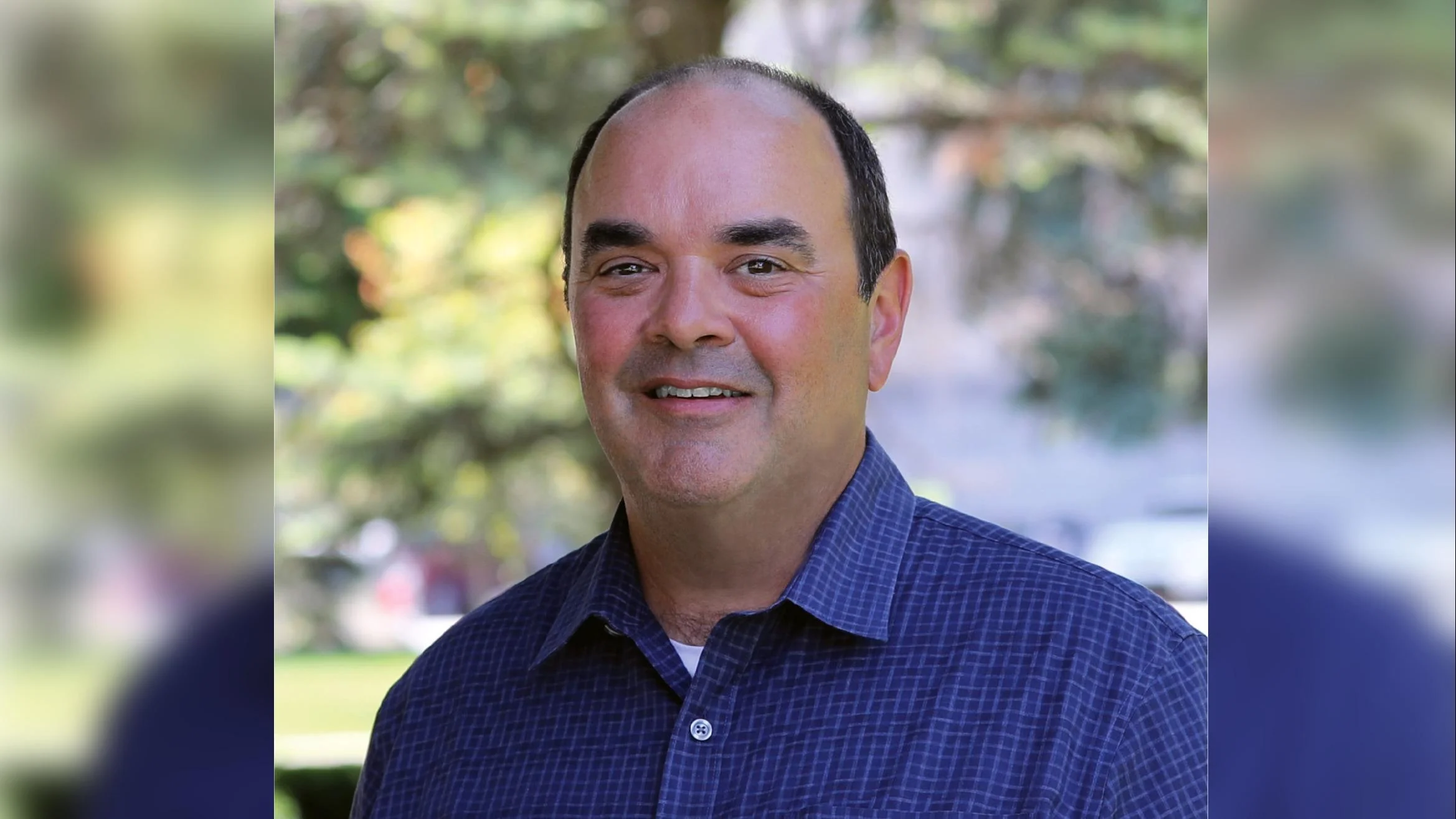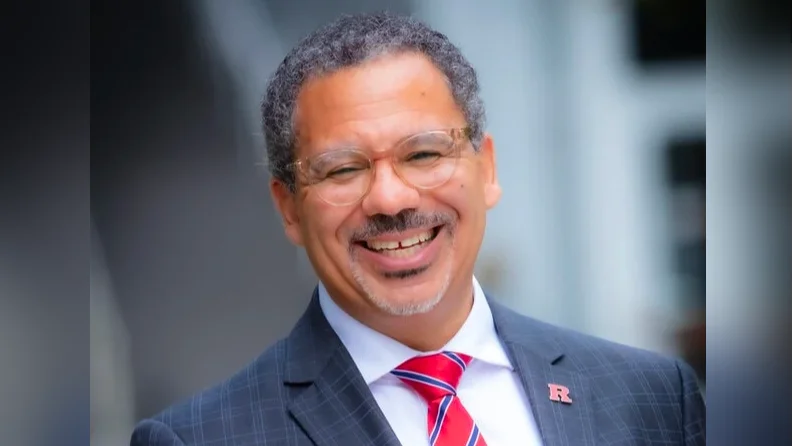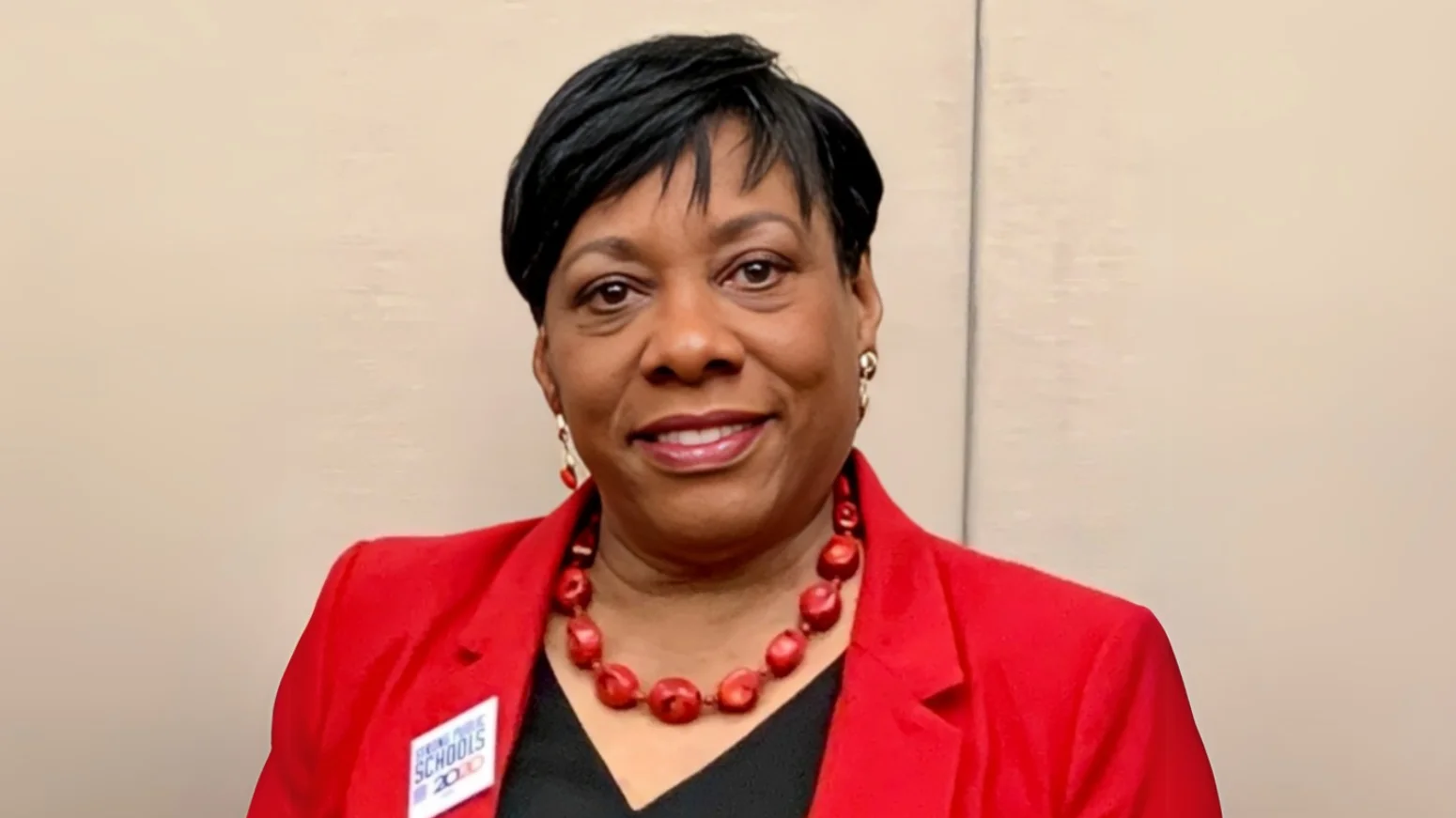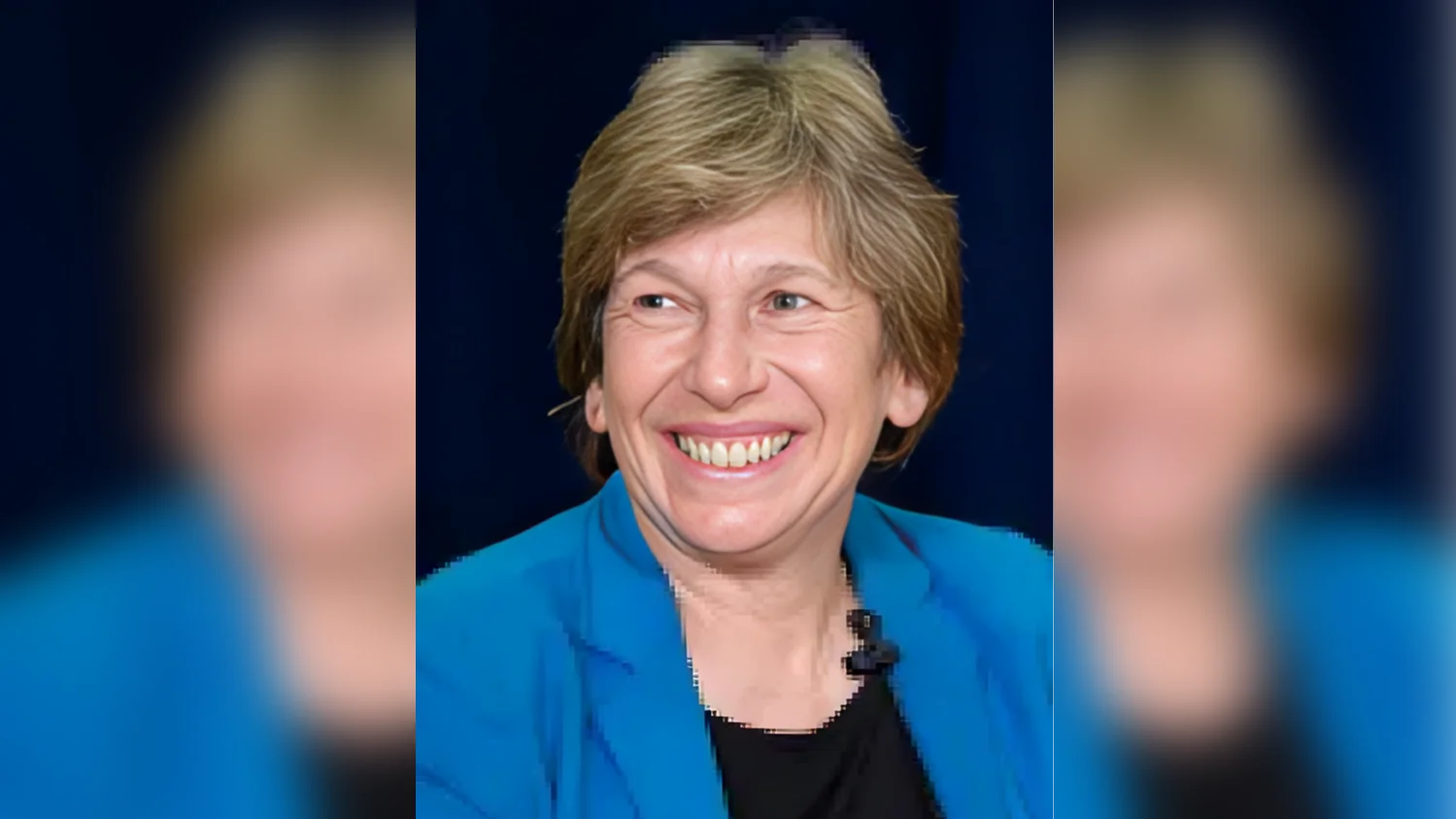
Brian McGrath Executive Vice President of Programs | EdChoice
EdChoice Legal Advocates (EdLA) is presenting arguments to the Montana First Judicial District Court in support of a new school choice program designed for students with special needs. The program, termed the Montana Special Needs Equal Opportunity Education Savings Account (ESA) Program, is being defended as both constitutional and beneficial for families in Montana.
Thomas M. Fisher, vice president and director of litigation at EdChoice, stated, “True to its namesake, the Montana Special Needs Equal Opportunity Education Savings Account (ESA) Program is necessary to ensure students with special needs receive equitable education in the state. All students, regardless of their abilities, deserve access to a quality education, and this program would ensure families throughout the state have the freedom and funding necessary to provide an education that meets the unique needs of their children.”
Fisher is expected to justify the program's constitutionality during the preliminary injunction hearing. He contends that this initiative is crucial in offering equality in education for special needs students. Furthermore, he asserts that the funding mechanism, via statutory appropriation, upholds constitutional standards and that a statewide formula for funding does not infringe upon local control.
Sue Vinton, a member of the Montana House of Representatives and sponsor of the ESA legislation, advocates for the program, citing her personal connection through her son, Jake. “With the Montana Special Needs ESA, the opportunities for students would increase exponentially,” Vinton remarked, emphasizing the lack of services available for special needs students in some districts due to limited resources.
A testimony supporting the ESA program was provided by the Grilley family, who have two sons, Wesley and Elliot, whose special needs are reportedly unmet in their local school. Despite not being parties in the legal case, their testimony underscores the potential benefits of the ESA program. Clifton Grilley, their father, noted, “The Montana special needs ESA program affords families choices in their children’s education."
The case, under representation by Fisher and with support testimonies from families like the Grilleys, seeks to solidify the program's place within Montana's educational landscape, aiming to furnish special needs students with crucial educational opportunities.
For further information or relevant case documents, interested parties can contact Chantal Fennell at EdChoice.





 Alerts Sign-up
Alerts Sign-up